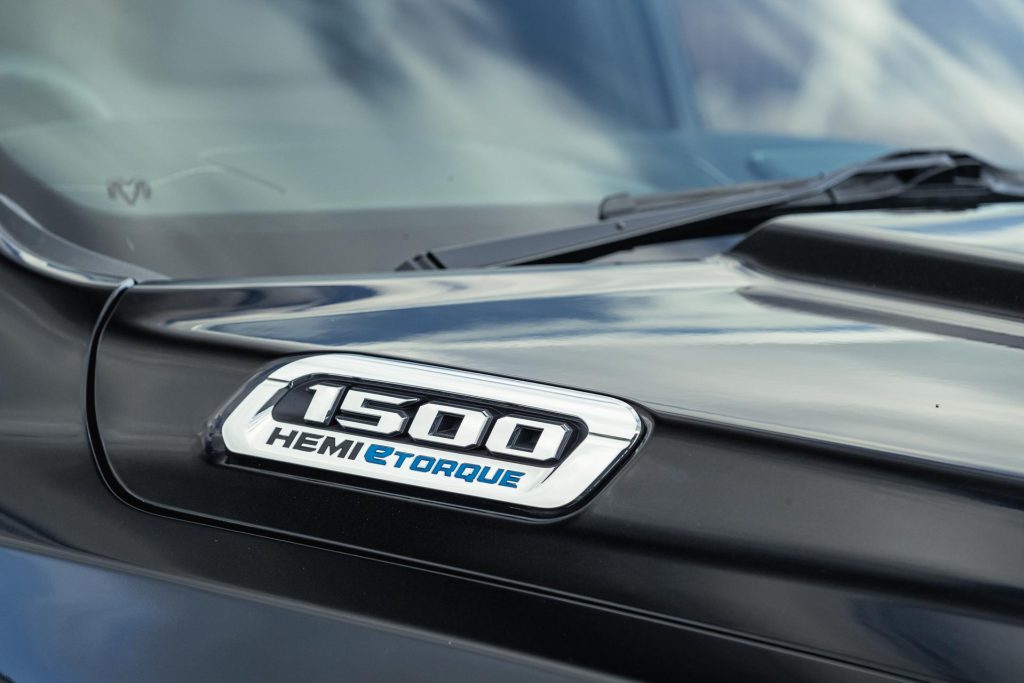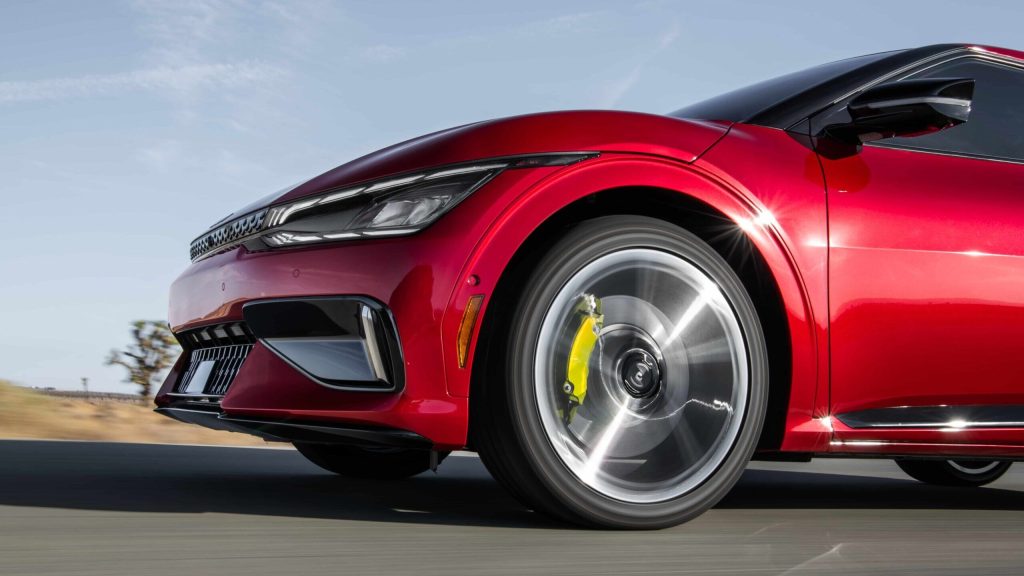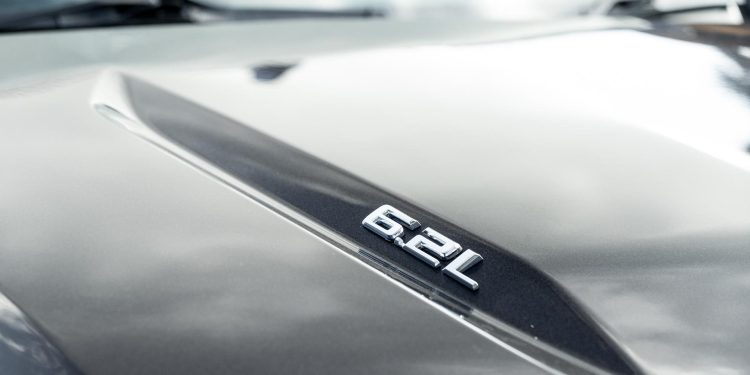Is there such a thing as an all-American car?
US President Donald Trump has suggested that consumers could sidestep his proposed 25 per cent tariffs on foreign vehicles and auto parts by purchasing cars made entirely in the United States. However, industry experts say such vehicles simply do not exist.
In an interview with NBC News on Saturday, Trump promoted domestic manufacturing as a way to bypass import taxes. “If you make your car in the United States, you’re going to make a lot of money,” he said. “If you don’t, you’re going to have to probably come to the United States, because if you make your car in the United States, there is no tariff.”
Read more Tesla a likely winner in Trump tariff war
The president’s remarks come ahead of a major tariff announcement expected on Wednesday. He dismissed concerns over potential price hikes, saying he “couldn’t care less” if automakers pass the costs onto consumers. Despite his insistence, experts note that even U.S.-assembled vehicles rely heavily on global supply chains.

Dan Ives, global head of technology research at Wedbush Securities, said around 40 per cent of auto parts used in American-made cars are sourced from abroad. “U.S.-made cars with all U.S. parts is a fictional tale,” Ives said.
NBC also reported that a senior automotive executive, speaking anonymously, expressed concern over the industry’s ability to adapt. While many vehicles—both from American and foreign brands—are assembled in the U.S., their components often come from overseas suppliers.
If the proposed tariffs take effect, car prices could increase by $4,000 to $12,500 per vehicle, depending on the model, according to estimates from Anderson Economic Group. In response, a White House spokesperson reiterated Trump’s stance that automakers should move production to the U.S. to avoid tariffs. The administration is also pushing for tax breaks to encourage domestic vehicle purchases and pursuing deregulation to lower costs for manufacturers.
Federal law requires automakers to report the origins of their car components to the National Highway Traffic Safety Administration (NHTSA), which publishes an annual list detailing the percentage of parts sourced from the U.S. and Canada. However, the law does not distinguish between American and Canadian-made components, making it difficult for consumers to determine how tariffs will affect specific models.

For instance, the 2025 Kia EV6, a South Korean model, is comprised of 80% North American parts, making it one of the most locally sourced vehicles available. However, Tesla, despite assembling its vehicles in the U.S., still sources up to 25% of its components from Mexico.
Amy Broglin-Peterson, a supply chain expert at Michigan State University, warned that tariffs on auto parts could have a greater impact than those on fully assembled vehicles. “Any tariffs on foreign-made parts could add up, especially given how integrated North American manufacturing is,” she said.
While reshoring supply chains could align with Trump’s national security and economic goals, Broglin-Peterson cautioned that the process would take years and require significant investment. “Establishing a presence here, from a manufacturing perspective, is not a short order,” she said. “It comes with a very lengthy timeline. It comes with a heavy cost.”





